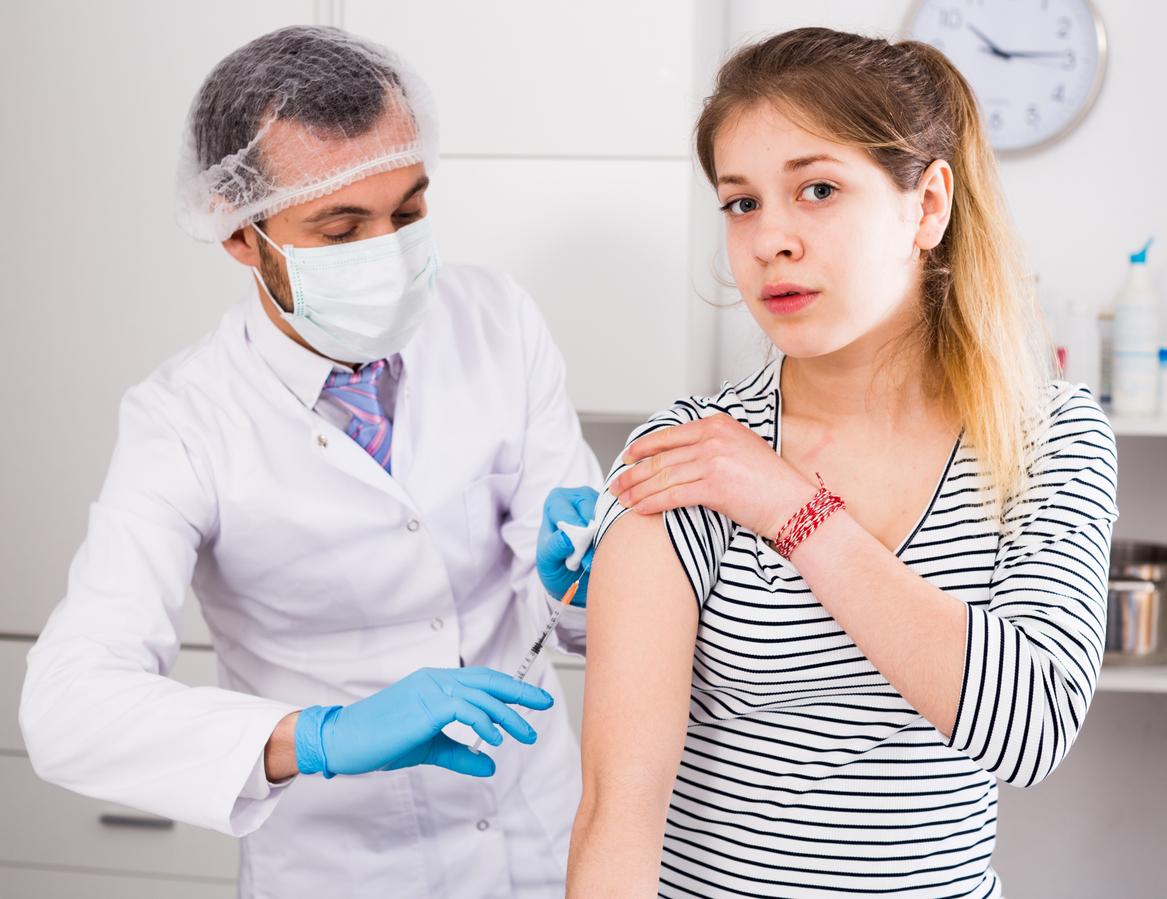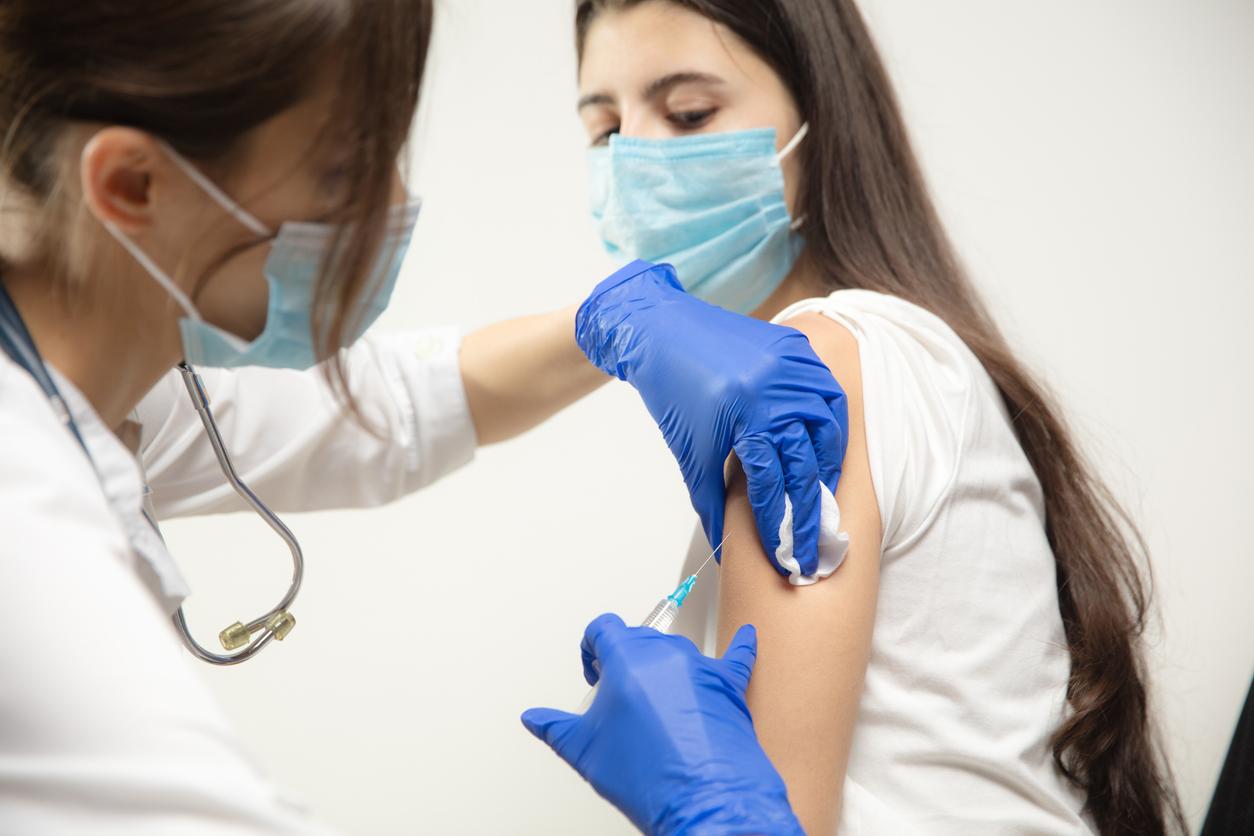After a suspension in France in 2015, the rotavirus vaccine may soon make a comeback. On July 12, 2022, the High Authority of Health (HAS) recommended vaccination for all infants 6 weeks to 6 months.
These rotaviruses can in particular be responsible for acute winter viral gastroenteritis in infants and children under 5 years of age. Although mild in most cases, gastroenteritis can lead to significant dehydration and require urgent hospitalization. In France, gastroenteritis due to rotavirus is responsible each winter for 57,000 consultations in general medicine, 28,000 emergency visits and 20,000 hospitalizations.
Rotavirus infection: treatment and symptoms
The most severe forms of rotavirus gastroenteritis most often affect children under three years of age, and especially in their first year. They are recognized by the following symptoms:
- Fever ;
- diarrhea;
- Vomiting.
The most effective treatment involves the administration of rehydration solutions. If administered quickly, they can partly prevent severe forms.
Why is the vaccine recommended again?
The vaccine against rotavirus infections is now recommended by the WHO, the European Academy of Pediatrics and the European Society for Pediatric Infectious Diseases. Vaccination is practiced in 127 countries in the world. In France, it was introduced into the vaccination schedule in 2013, before being suspended in 2015 due to serious adverse effects.
Two vaccines have been reassessed and deemed effective by the HAS, Rotarix® and RotaTeq®, which are administered orally. “In countries that have achieved vaccination coverage above 80% in infants, the reduction in hospitalizations due to acute gastroenteritis due to rotavirus is significant and varies from 65 to 84%”says the press release from the HAS.
What were the side effects?
At the global level, no signal regarding the safety of these drugs has been raised since 2014.”The increased risk of acute intussusception (AII) is estimated at up to 6 cases per 100,000 children within 7 days of vaccination., indicates the HAS. Taken in time, she treats herself easily and without gravity.
The HAS nevertheless proposes to alert parents to signs suggesting a potential risk, i.e. unusual crying, refusal to drink or eat, vomiting, pallor or the presence of blood in the stools within 7 days of pregnancy. ‘infection.
How many doses does the HAS recommend?
The Haute Autorité de Santé recommends vaccinating infants between 6 weeks and 6 months with:
- Two doses at 2 and 3 months for the Rotarix® vaccine;
- Three doses at 2, 3 and 4 months for the RotaTeq® vaccine.
It stresses the importance of taking all the vaccine doses correctly in order to benefit from a complete vaccination schedule before the age limit, ie 6 months for Rotarix® and 8 months for RotaTes®.
Finally, the HAS recalls that vaccines do not protect against gastroenteritis due to causes other than rotavirus. If it is too early to consider compulsory vaccination, it is therefore essential to respect basic hygiene gestures, to promote breastfeeding and to take care of the symptoms early by administering rehydration solutions. .
Source :
- The HAS recommends the vaccination of infants against rotavirus infections, Haute Autorité de Santé, July 12, 2022
Read also:
- Heat wave: how to cool baby?
- Mandatory vaccines for infants: the results of the first year
- United States: faced with the shortage of infant milk, parents are turning to DIY (and it’s a bad idea)


















